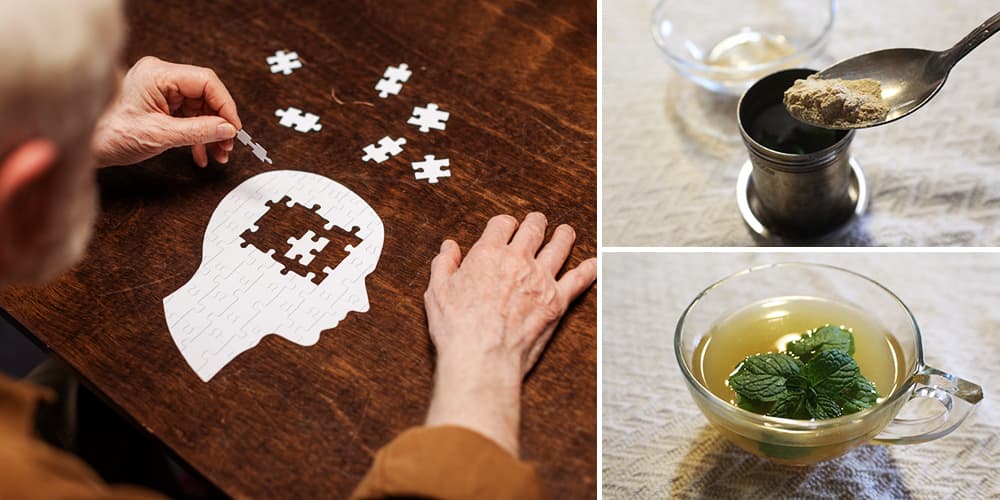
2-Ingredient Memory Booster
Do you ever walk into a room and forget what you went in there for? Or better yet, drive all the way to the store and either forget what you needed or your entire list altogether? Granted, sometimes forgetfulness is just a part of the human experience but other times it’s the first sign of a problem.
In the US, one in ten adults over the age of 45 report they don’t remember things as well as they once did. And by age 65, about 40 percent will be diagnosed with an age-related memory disorder like Alzheimer’s and dementia.
As we grow older not only does our memory seem to suffer, but so can our focus, response abilities, and the ability to process information. And you don’t have to be aging to have these kinds of issues either.
Various things cause cognitive difficulties, such as certain medical conditions like Parkinson’s, heart disease, and diabetes.
Some other factors that can contribute to memory loss include:
 Brain injury
Brain injury- Drugs
- Toxins
- Autoimmunity
- ADHD
- Hormone imbalances
- Stroke
- Cancer
- Stress
- Depression
- Trauma
Regardless of the reason, many struggle with memory loss and other cognitive impairments. Things like brain fog and trouble with focus and concentration are growing issues with a big portion of the population. That’s why the market for brain-boosting supplements is so developed.
⇒ Struggling with poor memory and focus? These Brain Tinctures can help you.
Herbs to Boost Your Memory
I had plenty to choose from when crafting this recipe. And a lot of the time my go-to herbs for brain health include mushrooms, such as Cordyceps, Lion’s Mane, and Reishi. However, by sharing this two-ingredient brain boosting recipe, I aim to show how common ingredients found throughout many households (especially in this community!) can enhance our well-being in a number of ways.
The truth is that most plants have high concentrations of antioxidants, which are great for brain health. A lot of this comes down to their ability to scavenge for free radicals. This also includes green and other bright colored foods. A few herbs have the remarkable ability to enhance various aspects of our brain, including mental, physical, and emotional well-being, as well as overall brain function.
The two herbs I chose to use today are spearmint and ashwagandha. When combined, these two herbs can improve memory, help with focus, information retention and a slew of other brain boosting benefits. I thought there was a good possibility that many would already have these two herbs on hand, or the ability to find them easily. Spearmint can often be found at your local grocery store!
Let’s look at each one individually so that we can better understand how they can help.
Ashwagandha
It’s well known for its ability to ease stress and anxiety and to improve cognitive function and memory, all while supporting overall brain health. We know from current research that many of Ashwagandha’ s seeming superpowers can be attributed to its ability to elicit antioxidant effects in the brain that contribute to cognitive well-being.
In clinical trials, ashwagandha showed remarkable abilities for improving cognitive function in adults with mild cognitive impairment and people with schizophrenia.
Studies suggest that the following brain functions can be improved by using ashwagandha consistently: skills related to cognitive abilities, focus, response time, task performance, quickly recall and general memory, the ability to process data effectively.
Spearmint
You may be surprised to learn that spearmint is rich in antioxidants that protect brain cells from damage. Nevertheless, it’s been proven by laboratory studies to have not only the capacity for improving focus and concentration, but also for enhancing memory retention and recall.
Research indicates that the phenolic compounds found in spearmint can: improve working memory, focus, attention, and daytime concentration.
The super cool part is that it also promotes faster sleep onset at night, and interestingly, spearmint polyphenols can stimulate the growth of new brain neurons while preserving existing ones.
Besides herbal remedies, incorporating omega-3 rich foods like salmon and walnuts can support cognitive function and promote brain health. A diet abundant in leafy greens such as spinach and kale provides essential nutrients like folate and antioxidants, vital for maintaining optimal cognitive function.
⇒ What Eggs Do to Senior Brains (Video)
2-Ingredient Memory Booster
This simple, no-frills recipe stands up with the best of them when it comes to herbal recipes for memory.
You will need:
- A tea ball, or cloth, or tea maker pot
- 1 teaspoon of dried spearmint or a handful of fresh leaves (I used enough to fill my tea ball about ¾ full)
- ½ teaspoon of Ashwagandha powder
To make:
- Put a kettle on while you do the next steps.
- If using fresh mint, remove the leaves from the stem.
 Place the mint into your “tea-seeping vessel.” Add the Ashwagandha powder on top and secure the lid.
Place the mint into your “tea-seeping vessel.” Add the Ashwagandha powder on top and secure the lid.
- Place the tea ball into your tea cup. Once your kettle is hot, pour enough water to cover the herbs. Let that sit for about 5 minutes.

- Remove the tea ball and stir well. Add a few sprigs of fresh spearmint to the top. If you let it sit, you will develop a bit of sediment at the bottom of the cup as the ashwagandha settles, so you may need to stir it occasionally. Or down it! 😊

Please note that the tea will be slightly cloudy because of the ashwagandha powder. You can have this tea once a day, morning or night, to help boost your memory, feel more present, or even help you rest. I like mine with a bit of honey and sometimes vanilla. Enjoy!

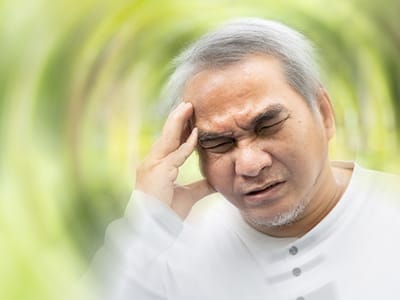 Brain injury
Brain injury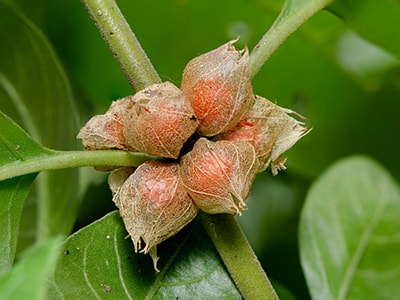
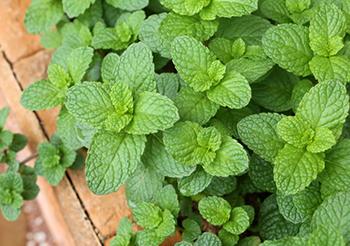
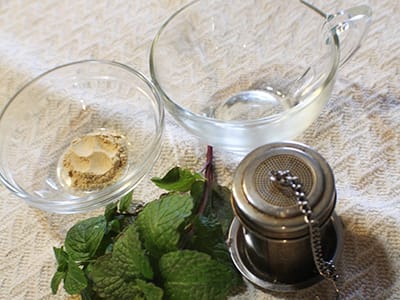
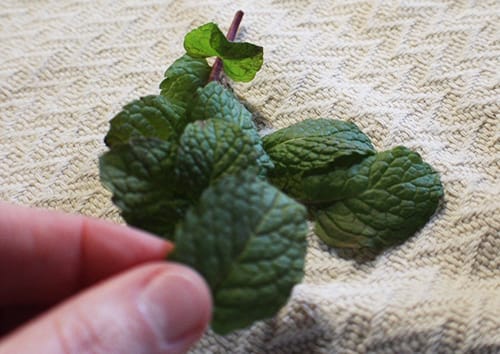 Place the mint into your “tea-seeping vessel.” Add the Ashwagandha powder on top and secure the lid.
Place the mint into your “tea-seeping vessel.” Add the Ashwagandha powder on top and secure the lid.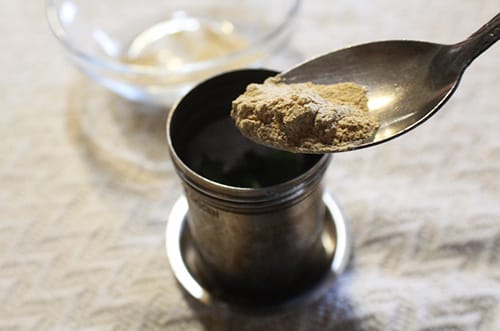
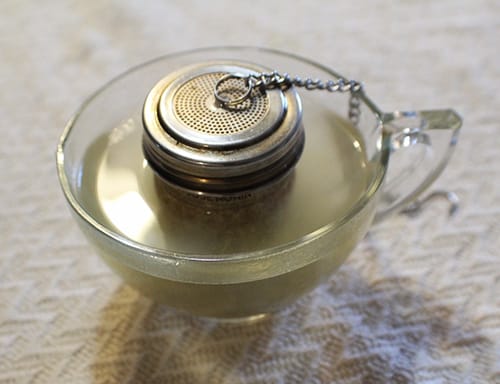
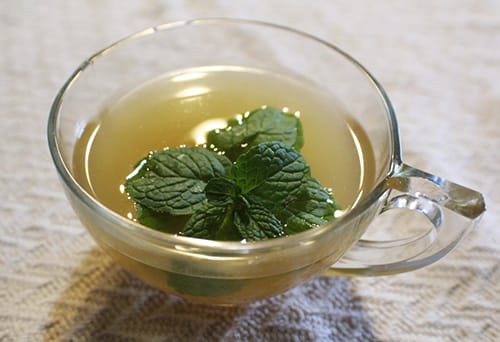
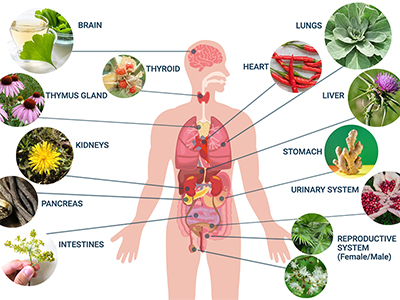
Spearmint has always given me headaches. Could powdered versions of each be put in capsules?
Hi Bonnie,
We’re sorry to hear that. You can try peppermint instead.
Yes, you can use powdered herbs instead.
Many blessings and good health!
Can peppermint be used in place of the spearmint?
Hi Sharon,
Yes, peppermint is also good for the brain.
Many blessings and good health!
The photo you show as spearmint is in Australia we call common mint our spearmint is narrow with a pointed end. My question is, do all mints have basically the same properties regardless of which type of mint used?
Hi Leanne,
Different species of mints, such as peppermint (Mentha × piperita), spearmint (Mentha spicata), and various others, may have similar but not identical medicinal properties. Therefore, it’s essential to consider the specific type of mint and its traditional or researched medicinal properties when using it for health purposes.
Many blessings and good health!
You mention Ashwagandha, there are so many different kinds of items you mention in all your articles, but I’m sure they are not all created equally. Some are probably not good for us at all because they don’t process them correctly. So how to we know which ashwagandha to purchase. Can you recommend, in all your posts what the brand name of the product are and where to get it so we can know we are getting the best possible product please. Or maybe you sell everything you talk about???
I’ve read that ashwagandha should be avoided if you have overactive thyroid. Is there a substitute herb that will work as well?
Hello, how long it will take till this memory booster will start to work?